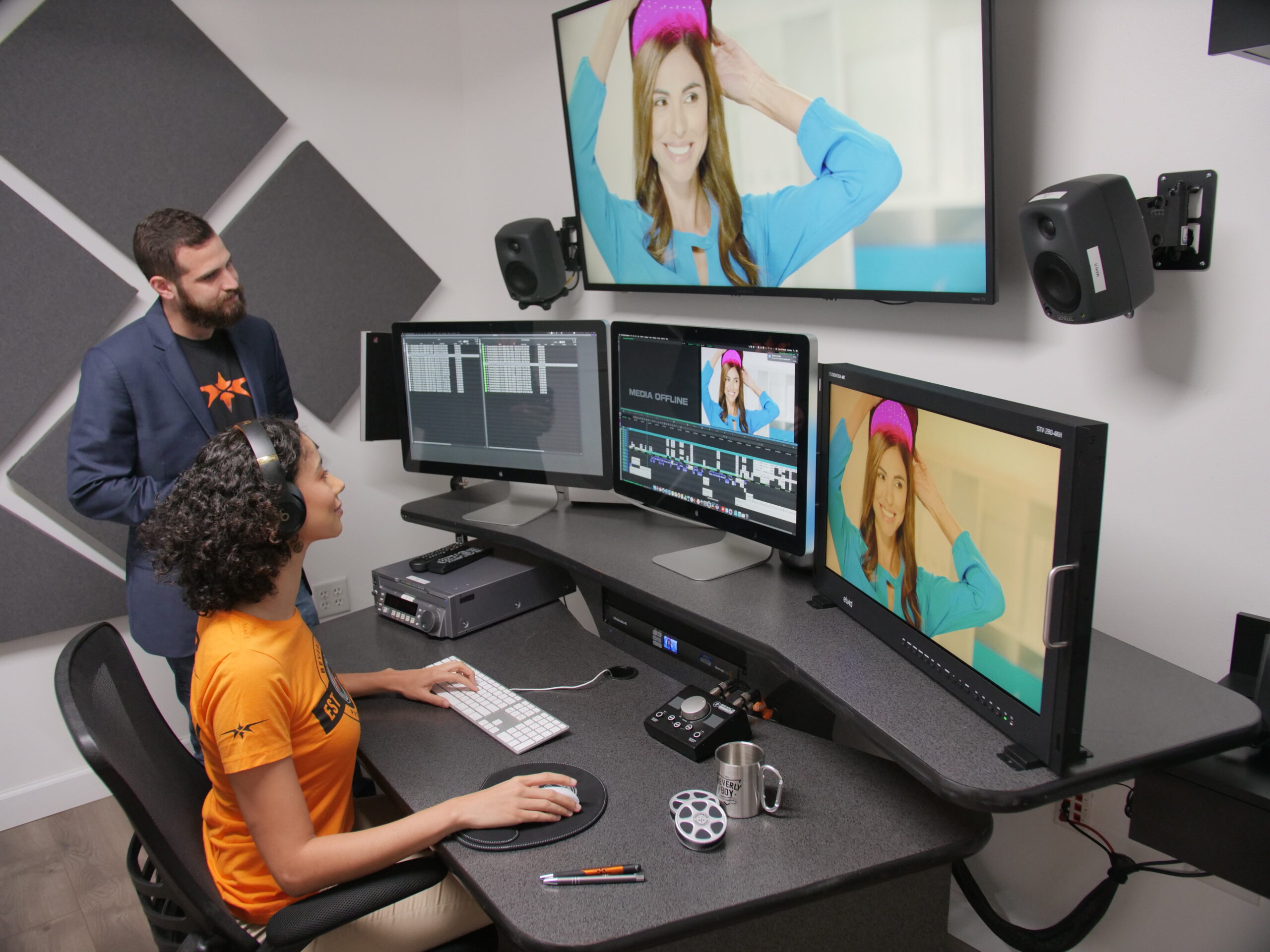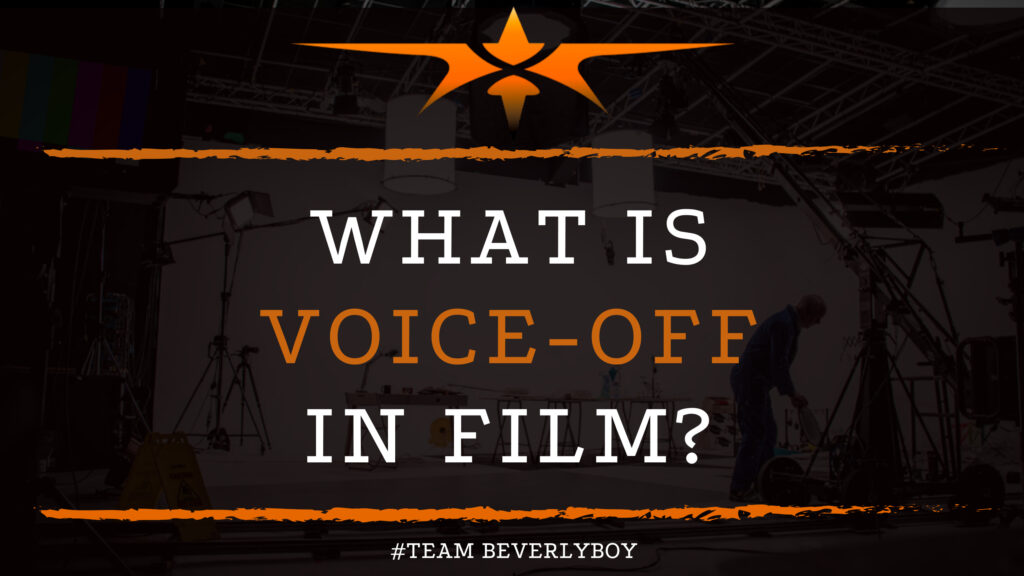What is Voice-Off in Film? A Definition for Beginners
When you see the term “voice-off” in film, or the abbreviation “V.O.” or “O.S.” a number of potential scenarios likely come to mind. By definition, what is voice-off in film?
GET A VIDEO QOUTE FOR YOUR PROJECT TODAY

In this simple voice-off film definition, we’re looking to address exactly what it means to have a voice-off in film and how it can be applied in different scenarios.
Voice Off Film Definition
First, let’s define the term “voice off” and what it means in film. When you see the term “Voice-off” in film, by definition it means that the voice you are hear is off-screen.
And therefore whomever is speaking is not visible. However, voice-off does not necessarily mean that the narrator is speaking.
Rather, voice-off in film, by definition, generally means that the voice is that of a character that is off-screen.
This means the character is within the scene, or location, but they are just outside the frame so you cannot see them but they can be heard.
Difference Between V.O. and O.S.?
It’s important to note the V.O. stands for voice over, not voice off. Thus, typically the abbreviation V.O. is going to be present in a situation in which a voice-over will occur.
For instance, when an actor that is speaking will actually have someone else that is going to speak the lines post-production.
Off-Screen
So what does O.S. mean? The abbreviation O.S. stands for off-screen. This is commonly used to alert that the dialogue is being spoken by the character and the sound is coming from off-screen.
This is the abbreviation that is most suitable for a voice-off because it means that the character is speaking off-screen.
And the abbreviation of O.S. helps those reading the script to understand that the dialogue taking place is actually occurring off-screen.
Isn’t a Voice Over Off-Screen?
Technically, a voice-over is a dialogue that is produced off-screen too. But a voice-over and a voice-off are not the same.
Voice-over means that the dialogue or narration is coming from an offscreen voice and so does voice-off. However the difference between the two is where the speaker is at.
Presence
With a voice-over, the speaker is not physically present in the scene.
This occurs when the speaker is either someone that is on the other end of a phone, someone that is on a radio, or someone that is unseen such as a narrator or the inner monologue of a character.
In The Scene
Likewise, a voice-off is also someone that is not seen but the character IS within the scene.
They may be just outside the visibility of the camera, behind a door, or inside a closet, or somewhere else IN the scene, but not in view of the camera.
They are technically there, whereas a voice-over represents dialogue from someone that is NOT technically in the scene present.
The Takeaway
In this simple voice-off in film definition, a voice-off is dialogue that can be heard by someone speaking off-camera but present in the scene.
Whereas a voice-over can be heard but is coming from someone that is not present in the scene.


